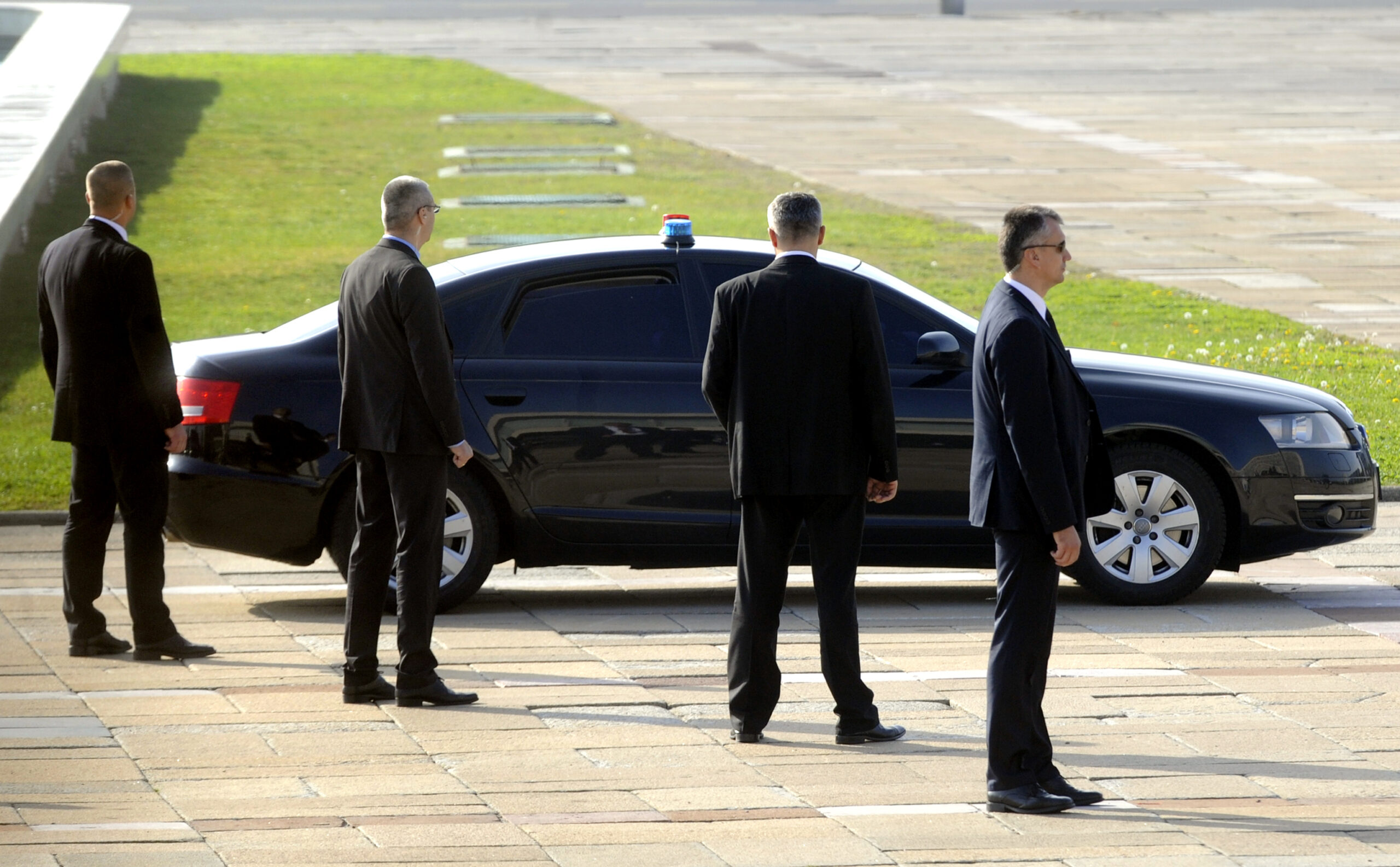Executive Protection (EP) officers operate in environments where stakes are high, and split-second decisions can make all the difference. Whether it’s navigating an unexpected threat, managing logistical disruptions, or responding to emergencies, high-pressure situations are an inevitable part of the job. Success in these moments requires preparation, focus, and the ability to adapt quickly.
Here’s a guide to help EP officers handle high-pressure situations with confidence and effectiveness.
1. Prepare Thoroughly
The foundation for managing high-pressure situations is laid long before they occur. Comprehensive preparation minimizes uncertainty and equips EP officers with the tools and knowledge they need to respond effectively.
Best Practices for Preparation:
• Conduct detailed advance work, including risk assessments, route planning, and venue inspections.
• Develop contingency plans for emergencies such as medical incidents, vehicle breakdowns, or sudden route changes.
• Familiarize yourself with the protectee’s schedule, preferences, and vulnerabilities.
Pro Tip: Use tools like AdvanceWork to organize and share mission plans, ensuring the team is aligned.
2. Maintain Situational Awareness
Situational awareness is the ability to observe, analyze, and interpret the environment in real-time. It’s a critical skill for identifying potential threats or challenges before they escalate.
How to Enhance Situational Awareness:
• Continuously scan your surroundings for anomalies or suspicious behavior.
• Pay attention to crowd dynamics and changes in the environment.
• Monitor team communication channels for updates or alerts.
Pro Tip: Stay discreet while observing; your goal is to blend in while remaining vigilant.
3. Prioritize Clear Communication
In high-pressure situations, miscommunication can lead to chaos. Ensuring clear and concise communication among team members is vital to maintaining control and coordination.
Tips for Effective Communication:
• Use secure, encrypted communication tools like AdvanceWork’s team chat to share updates in real-time.
• Establish clear protocols for reporting incidents or requesting support.
• Keep messages brief and focused to avoid confusion.
4. Stay Calm Under Pressure
Panic is contagious, and as an EP officer, you must exude calm and control even in the most challenging scenarios. Your composure can reassure both the protectee and your team.
Strategies for Staying Calm:
• Focus on breathing techniques to regulate your stress response.
• Rely on your training and preparation to guide your actions.
• Break down the situation into manageable steps and prioritize actions logically.
Pro Tip: A calm demeanor not only helps you think clearly but also instills confidence in those around you.
5. Adapt and Improvise
No matter how well you plan, unexpected situations will arise. The ability to adapt quickly and improvise solutions is a hallmark of a skilled EP officer.
How to Adapt Effectively:
• Be flexible and open to changing plans when necessary.
• Use the information available to make informed decisions.
• Coordinate with your team to implement contingency plans seamlessly.
6. Leverage Technology
Modern tools can significantly enhance your ability to manage high-pressure situations. From real-time alerts to secure communication platforms, technology provides critical support in dynamic environments.
How Technology Helps:
• Real-Time Updates: Stay informed about traffic, weather, and emerging threats with instant alerts.
• Mission Management: Use digital tools like AdvanceWork to access mission briefs, routes, and contingency plans on the go.
• Field Reporting: Document incidents quickly and share them with the team for analysis and follow-up.
7. Debrief and Learn
After navigating a high-pressure situation, it’s essential to analyze what happened and identify areas for improvement. This process strengthens the team’s readiness for future challenges.
Key Topics for Debriefing:
• Review what went well and what could have been handled better.
• Update contingency plans based on new insights.
• Share feedback among team members to enhance overall performance.
Example: Managing a Sudden Protest
Imagine escorting a principal to a high-profile event when a protest unexpectedly blocks your planned route.
How to Respond:
1. Stay Calm: Keep the principal reassured and focused on the team’s professionalism.
2. Adapt Quickly: Shift to an alternate route using pre-planned contingencies.
3. Communicate Clearly: Notify the team and provide updates on progress.
4. Debrief Afterward: Analyze the incident and adjust plans for future missions.
The result? A safe and efficient resolution that protects the principal’s safety and schedule.
Conclusion
Handling high-pressure situations as an EP officer requires preparation, adaptability, and composure. By maintaining situational awareness, communicating effectively, and leveraging modern tools like AdvanceWork, EP professionals can navigate even the most challenging scenarios with confidence.
Ready to elevate your EP operations? Visit advancework.app to learn more or request a demo today.




